How long Alice Springs takeaway alcohol restrictions will last
Alice Springs mayor Matt Paterson says the extension of alcohol restrictions was done without consulting the community, arguing if the restrictions actually work they should be imposed in Darwin.
Northern Territory
Don't miss out on the headlines from Northern Territory. Followed categories will be added to My News.
The Alice Springs mayor has slammed the government for extending alcohol restrictions without community consultation, arguing that if alcohol is the sole cause of violence and crime then restrictions should be introduced in Darwin.
The restrictions – which includes a total ban on takeaway alcohol sales on Mondays and Tuesdays plus restricted trading hours on other days – were introduced on Prime Minister Anthony Albanese’s snap visit to the town in January amid a spike in grog-fuelled crime.
The three-month measure was then extended in April for another quarter.
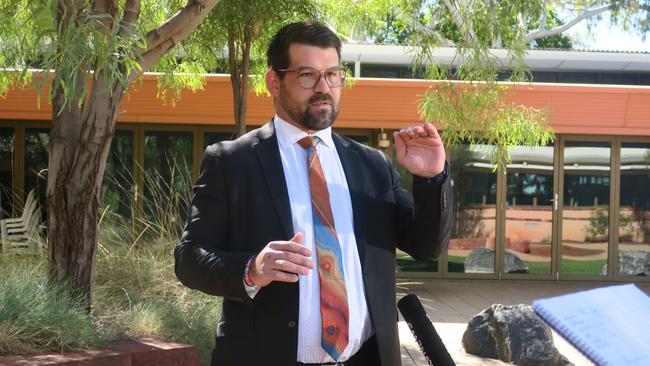
Alice Springs mayor Matt Paterson said the announcement was a “shock”.
“It has been extended without any consultation with the community and without a broad discussion of what’s happening,” he said.
“In January they were implemented when the Prime Minister was here, the Prime Minister wasn’t here to discuss alcohol as the sole purpose of his visit, it was alcohol on one hand and youth crime on the other hand.
“So we’ve just made this whole problem all about alcohol.”
He said the introduction of the snap alcohol restrictions earlier in the year had been a “circuit breaker”, but had been hoping for more policy changes to address the issues at hand, labelling the decision as “reactive”.
“Prohibition won’t work, we’re making policy on the run here,” he said.
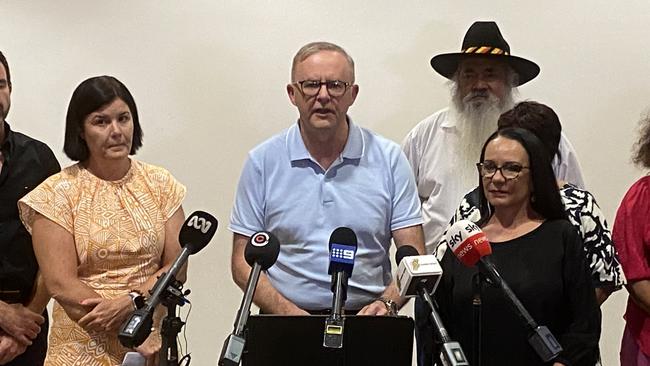
He said if alcohol restrictions were effective at preventing crime they should be introduced across the Territory.
“If the Northern Territory government are saying that alcohol restrictions work and they’re the golden nugget to fixing crime why wouldn’t Darwin and Palmerston and Katherine want the same restrictions?” he said.
“If it’s good enough for Alice Springs, it should be good enough for Darwin.
“If the government are saying it’s just alcohol, well they’ve got to install it across the Territory to fix the problems.
“I don’t think it is alcohol, I think that there’s many other policy changes that need to go with it.”
Restrictions to be in place for “foreseeable future”
Chief Minister Natasha Fyles told this publication on Thursday the restrictions would likely be in place for at least another year.
“What we’ve announced today is that we’re shifting them from an emergency provision across to regulation, so that they’re there for the foreseeable future,” she said.
“(That) provides certainty to the community and business, and that’s what industry have been calling for.
“The restrictions have had a desired impact and we need to make sure that momentum is not lost.”
Ms Fyles said the decision was backed by police, hospital staff and the social sector, who have been “loud and clear” in their support for the restrictions to continue.
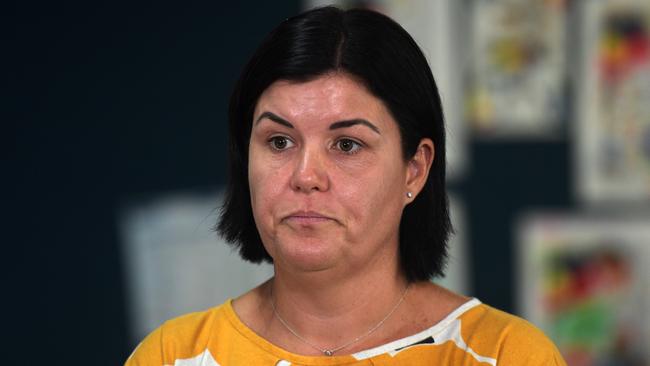
“We’ve seen a 63 per cent reduction, since the restrictions were introduced, of domestic violence,” she said.
“We’re also seeing respite provided to our frontline workers, particularly health and our emergency department, hospital staff.”
Ms Fyles denied suggestions the drop in emergency presentations and DV incidents were due to the reimposition of total alcohol bans in the town’s Aboriginal town camps in February.
“What we are seeing overall is that alcohol-related statistics are much more like 2018-19 levels with these measures,” she said.
“Is there more work to do? Yes.
“We know that alcohol-related harm in the Territory continues to be an issue, but this is one piece of the puzzle that we can control.”
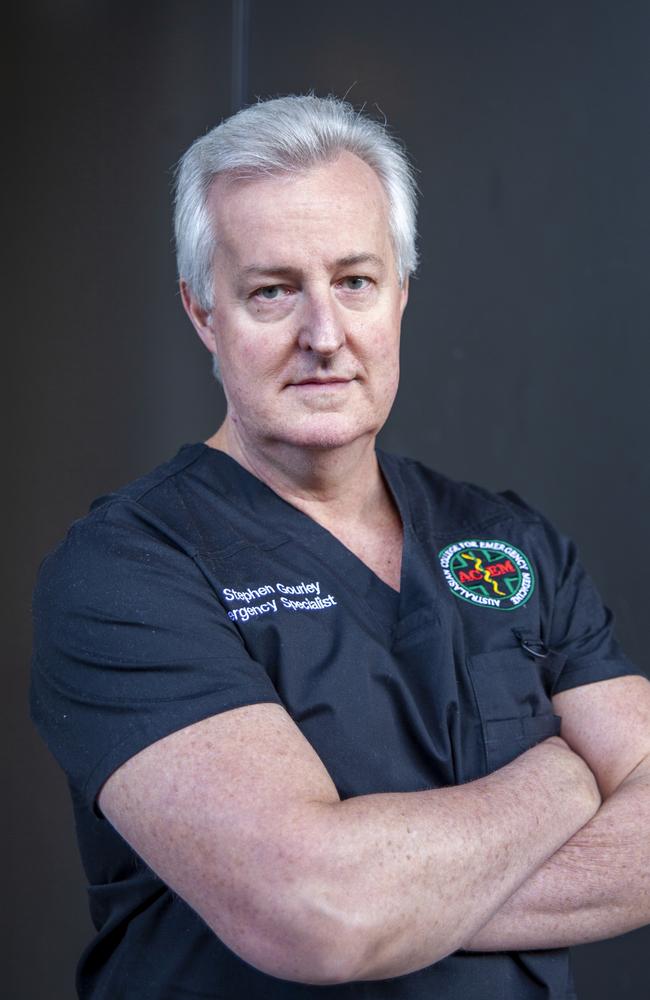
What other leaders, frontline workers think about the move
Australasian College for Emergency Medicine NT chair and president-elect Dr Stephen Gourley, said the restrictions were an “important and useful circuit breaker”.
However he said “prohibition never really works” and urged governments to properly address underlying causes of drinking.
“You need to work out why people drink – it is a much bigger societal issue, it’s much bigger than healthcare,” he said.
“If you don’t address the underlying causes, you go back to square one.”
Dr Gourley said hospital staff saw an increase in violence upon the lapse of Stronger Futures bans mid-last year, and that the new restrictions and total bans introduced earlier this year led to an improvement.
An Endeavour Group spokeswoman, the parent company of BWS outlets, said the company welcomed the decision.
“We will continue to work constructively with the government as well as other stakeholders, to help reduce alcohol-related harm in the Territory,” the spokeswoman said.
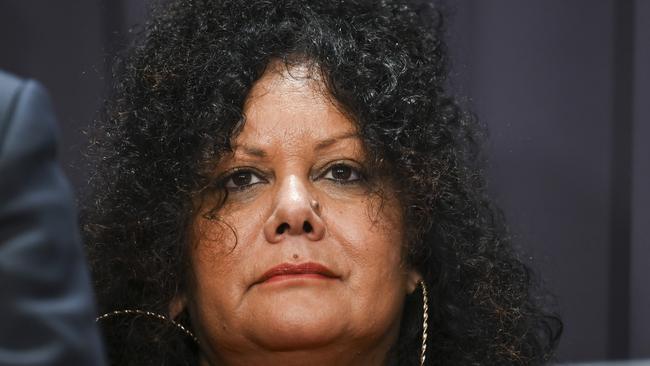
NT senator Malarndirri McCarthy said she welcomed the decision to extend alcohol restrictions, believing the safety and wellbeing of communities “must come first”.
“The statistics showing a drop in alcohol related harm and violence in Central Australia are encouraging,” she said.
“The Australian government has made significant, continual investment in the Northern Territory to respond to ongoing needs and developments.
“It is critical governments work collaboratively with local communities to ensure significant funding is rolled out effectively to improve outcomes in Central Australia.”
CLP’s NT senator Jacinta Nampijinpa Price said the people of Alice Springs needed a long-term plan for alcohol management and education.
“We already knew alcohol restrictions worked last year when the Labor government dropped the ball and left the people of Alice Springs to face the consequences,” she said.
“What’s the next step? Will we see real action taken to address these problems or more temporary fixes?”
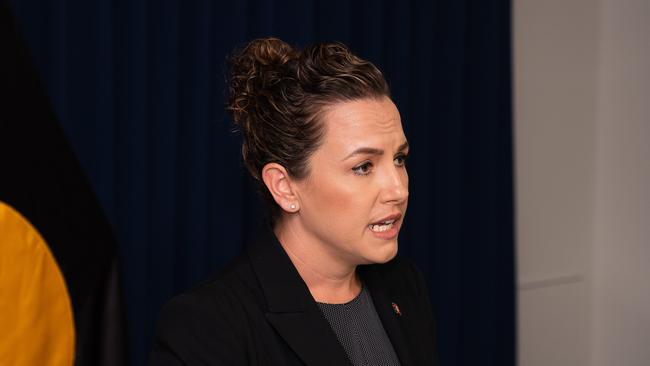
Opposition Leader Lia Finocchiaro simultaneously criticised the government for extending the takeaway restrictions and allowing Stronger Futures grog bans to lift last year with no plan in place.
She would not say whether the CLP would scrap the restrictions if elected next year.
“If the CLP was in government, we would be immediately taking steps to address demand for alcohol right across the Territory through properly funded treatment and rehabilitation programs,” she said.
“We would also urgently make sure that our police are properly resourced.
“The missing piece of Natasha Fyles’ policy failures is the fact that she has failed continuously to deal with demand.”
What Alice Springs locals and visitors say
Most people this publication spoke to on the ground thought while alcohol restrictions were working, they should be extended to other parts of the Territory also experiencing high levels of crime.
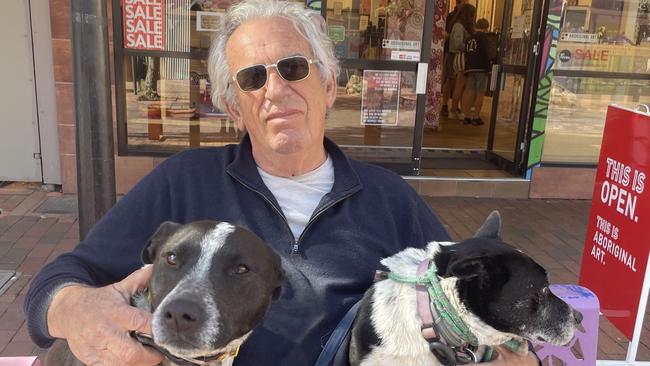
Alice Springs local Bill Davis said life in town had been more predictable since restrictions were introduced, and approved of the government “finally doing something” about alcohol-fuelled violence.
He agreed alcohol restrictions should be the same across the Territory.
“Of course I think it should be Territory-wide, why don’t they do the same here as everywhere else? I think then it’s quite predictable,” he said.
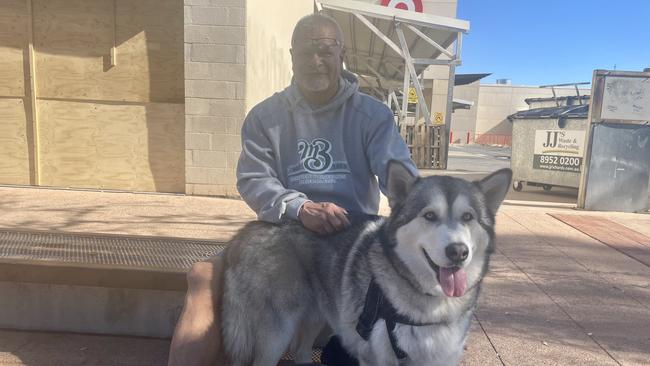
Solo Tohi, in town from Newcastle, said the restrictions had impacted some of his plans.
“I hadn’t realised I couldn’t get beers the other night, I wasn’t too happy about it, so we ended up going to the casino and paying a fortune for a beer,” he said.
He agreed alcohol restrictions should be put in place in other areas where there were high crime rates, but thought they should be altered around peak times.
“The way I think is, if they were really serious, if that was the aim (to stop crime) then they should stop on weekends, not during weekdays,” he said.
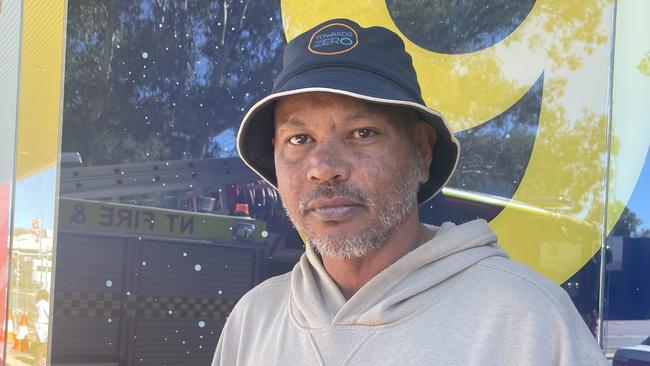
Fabian Maher, from Mount Nancy Town Camp, said there had been a lot of talk about town campers coming into town and causing trouble which he said was simply not true.
“They point the finger at the town campers but more things happen in town in commission housing, more violence happen there than in the town camps,” he said.
He said trouble was happening in towns “all over Australia” and thought Alice Springs should not be the only place singled out with alcohol restrictions.
“You’ve got Katherine and Tennant Creek, when you look at the whole of Australia there are towns bigger than ours and they are worse than this place and they don’t get mentioned on the news, we’ve just got all of the attention,” he said.
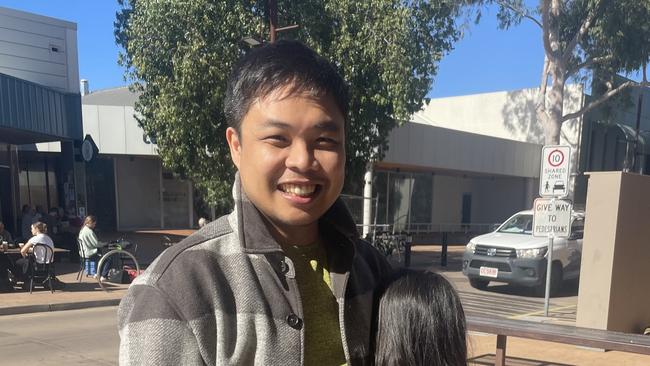
Alice Springs local Marvin Mamalateo also agreed restrictions should be extended beyond just Alice Springs.
“I think yes because in some communities if they don’t have restrictions it could end up just like Alice Springs,” he said.
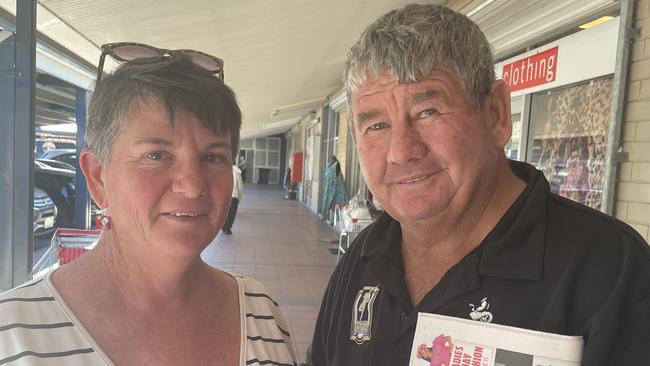
Tourists Lynne and Duane Hohnberg, from Trangie in New South Wales were a “maybe” on if alcohol restrictions should be extended across the Territory.
They said if they were extended alcohol sales should start and finish earlier.
“We thought it should be earlier, we were just in Tennant Creek, and it was four in the morning when police were driving around because people started later,” Duane said.
They said restrictions had not impacted their plans too much, but they had found police stationed outside every bottle-shop “daunting”.
More Coverage
Originally published as How long Alice Springs takeaway alcohol restrictions will last




